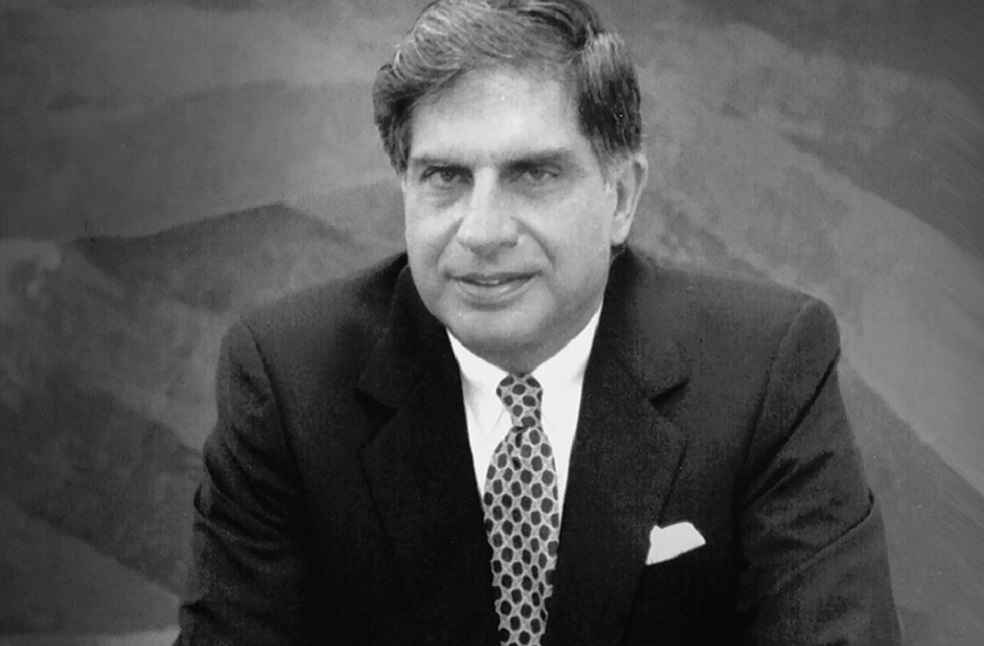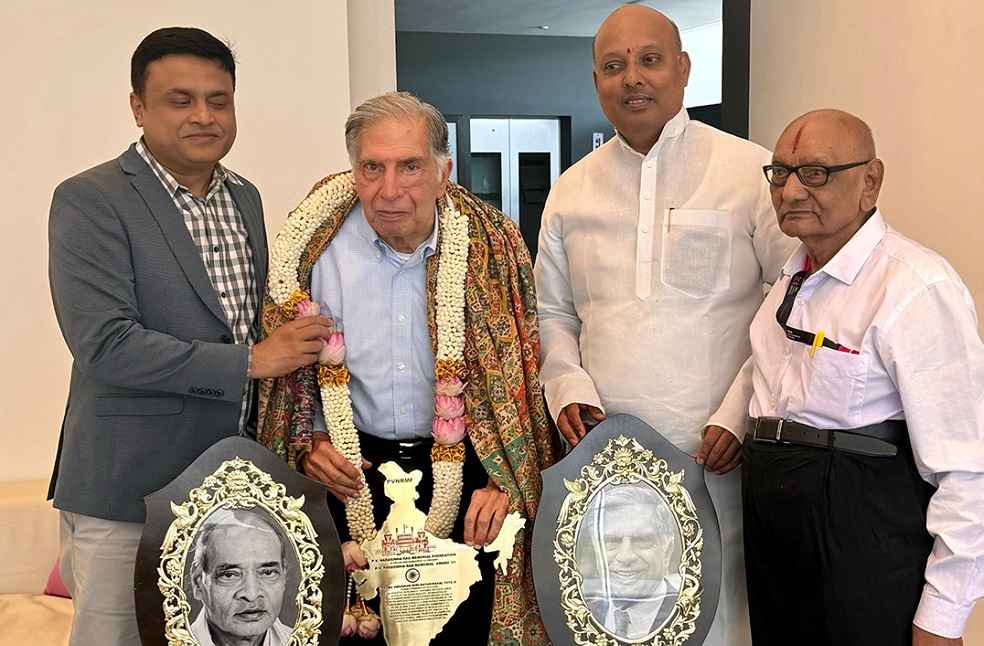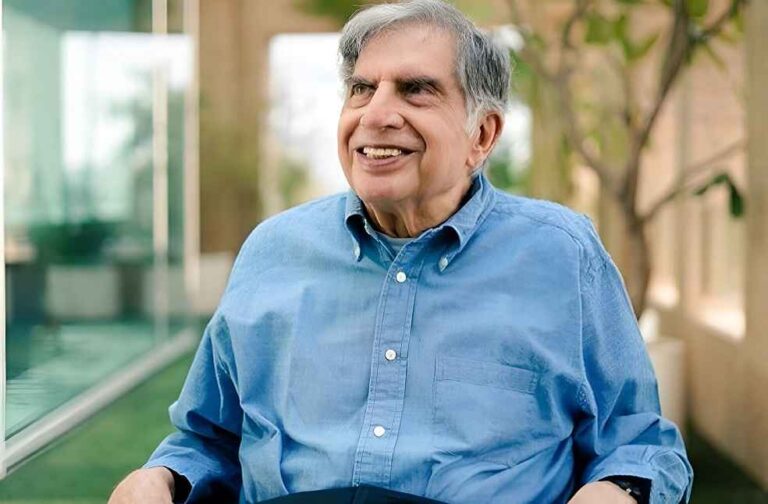The automotive world is in mourning following the death of Ratan Tata, the former chairman of Tata Group and one of India’s most respected industrialists. Known for his visionary leadership, Tata set a global benchmark for corporate social responsibility by transferring 65% of his shares to charitable trusts, leaving a legacy rooted in both business excellence and philanthropy.
In a statement released late on Wednesday, Tata Group confirmed the sad news of his passing.
“It is with a profound sense of loss that we bid farewell to Mr. Ratan Naval Tata, a truly uncommon leader whose immeasurable contributions have shaped not only the Tata Group but also the very fabric of our nation,” stated N. Chandrasekaran, Chairman of Tata Sons. Chandrasekaran, who considered Tata a mentor, emphasized his unwavering commitment to excellence, integrity, and innovation, while also crediting him with expanding Tata’s global presence, always with a strong moral compass.
Ratan Tata’s influence extended far beyond business. His dedication to philanthropy, particularly in education and healthcare, left a deep and lasting impact on Indian society, benefiting millions. His humility and sincere nature resonated with those who knew him, as reflected in Chandrasekaran’s tribute.

Political leaders, industrialists, and many prominent figures expressed their condolences on social media. Indian Prime Minister Narendra Modi praised Tata for his contributions to the country, while industrialist Harsh Goenka described him as a “beacon of integrity, ethical leadership, and philanthropy,” noting his profound influence in and beyond the business world.
Tata’s extraordinary contributions to Indian industry earned him two of the country’s highest civilian honors: the Padma Bhushan in 2000 and the Padma Vibhushan in 2008. Though he stepped down as chairman of Tata Sons in 2012, he continued to hold the title of chairman emeritus at Tata Industries, Tata Motors, Tata Steel, and Tata Chemicals. He also played a significant role in the Tata Trusts, one of India’s largest philanthropic organizations.
The Tata Group operates across six continents and in over 100 countries, with about 66% of Tata Sons’ shares held by charitable trusts. Ratan Tata, who remained unmarried throughout his life, led the company through many challenges, ensuring its growth and success.

Born in 1937, Ratan Tata was the great-grandson of Tata Group founder Jamsetji Tata. After completing his education at Cornell University and attending Harvard Business School, he began his career at Tata Steel in 1961, where he worked on the shop floor and gained hands-on experience. Over the years, his leadership transformed Tata Group, increasing its revenues 40-fold and positioning it on the global stage with key acquisitions like Jaguar Land Rover and Corus Steel.
Under his guidance, Tata Motors introduced some of the most popular and best-selling vehicles in India. Models like the Tata Nexon, Tata Tiago, and Tata Punch have become household names, known for their safety, affordability, and innovation. The Tata Harrier and Tata Safari have further solidified the company’s reputation in the SUV segment, while the Tata Tigor remains a favorite compact sedan for budget-conscious buyers.
Ratan Tata’s leadership, commitment to corporate ethics, and dedication to social causes have left an indelible mark on both Indian industry and global business, ensuring his legacy will endure for generations to come.
MOST READ | Global Small Electric Vehicles Market to Reach $68.65B by 2030





